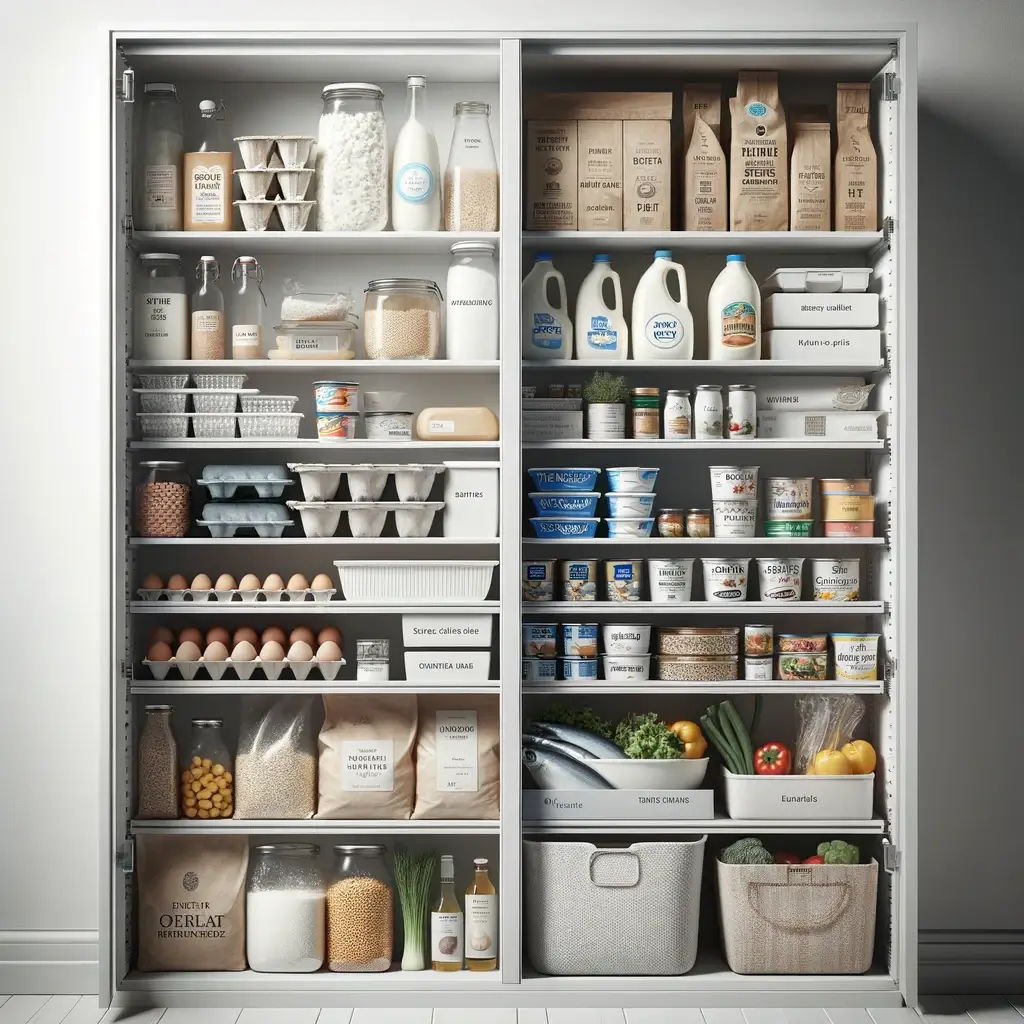Scott Keatley RD CDN

These Pantry Staples Are Must-Haves For A Healthy Kitchen, Say Nutritionists
The article by Korin Miller, published on May 7, 2020, in Women's Health, discusses essential pantry staples for maintaining a healthy kitchen. The article emphasizes the importance of having a well-stocked pantry, fridge, and freezer to quickly and easily prepare balanced meals, especially when you're unable to make frequent grocery trips.
Scott Keatley, RD, of Keatley Medical Nutrition Therapy, contributes his expertise in two significant areas of the kitchen: refrigerated foods and frozen foods.
Refrigerated Foods: Keatley underscores the versatility and essential nature of eggs in the kitchen. He highlights that eggs can be used in various ways, including baking, as snacks, or as a primary protein source. Their shelf life is quite impressive, with proper storage allowing them to last up to five weeks.
Frozen Foods: Keatley also discusses the benefits of keeping a well-stocked freezer. He notes that frozen fish, vegetables, and fruits can significantly enhance the nutritional value of meals and snacks. Keatley points out that frozen fruits and vegetables are excellent options as they are often frozen soon after harvest, preserving their nutrients.
The article also covers other categories, like dry goods, canned goods, herbs and spices, and oils and condiments, suggesting specific items to keep in each category. For example, it recommends having a variety of lentils, grains, nut butters, canned tomatoes, beans, and fish, along with essential oils like olive oil and a selection of spices and herbs to add flavor to meals.
In summary, the article advocates for a balanced approach to pantry stocking, focusing on a mix of proteins, produce, and whole grains, to ensure you're prepared to whip up nutritious meals on the fly. Scott Keatley's contributions specifically highlight the significance of having a variety of refrigerated and frozen foods to enhance meal preparation and ensure nutritional adequacy.